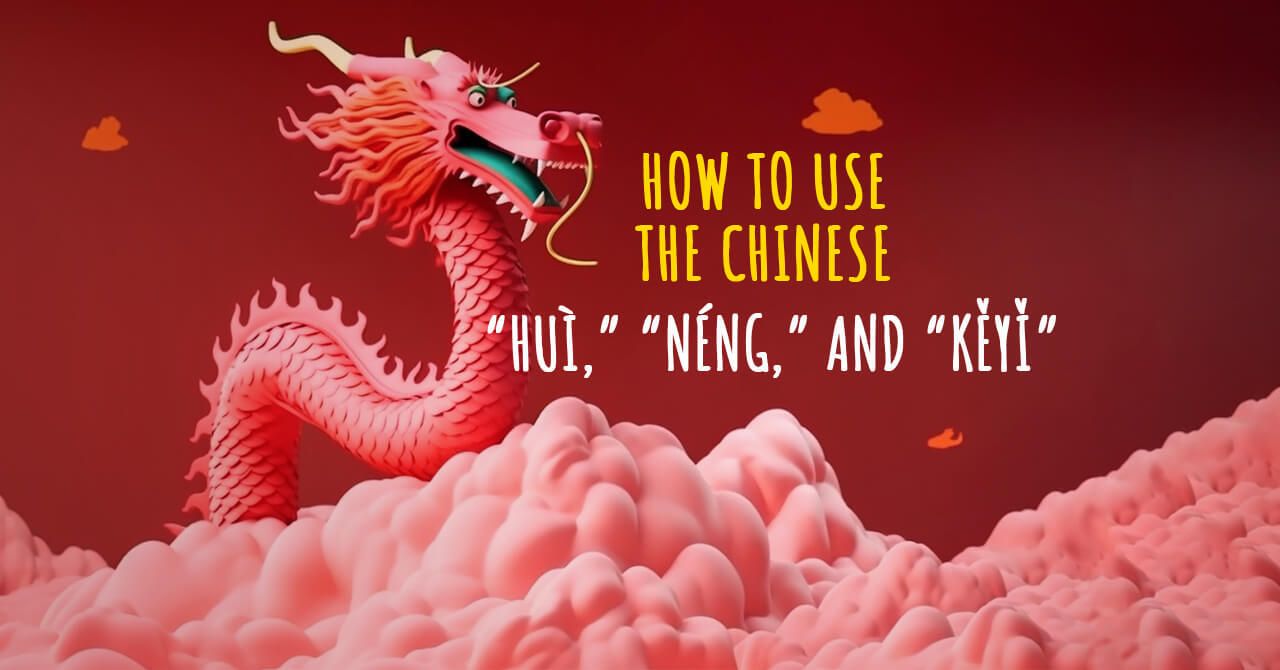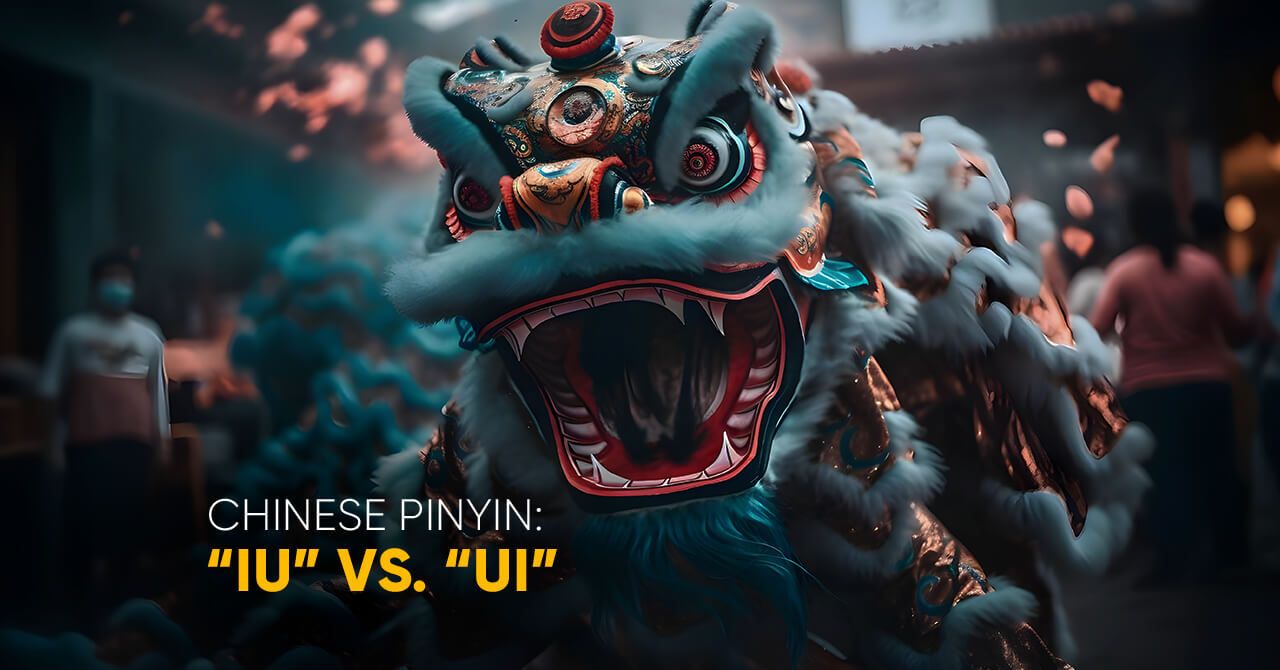
How to Use the Chinese “huì,” “néng,” and “kěyǐ” in Real Life?
The three modal verbs “huì,” “néng,” and “kěyǐ” are all often translated as “can” in English. Sometimes they are explained as follows:
“huì” means “know how to,”
“néng” means “to be able to,”
“kěyǐ” means “to have permission to.”
This is a useful way of thinking about them, but in reality, their usage does overlap somewhat.
“Huì,” “néng”- Ability in the sense of “know how to”
huì yóu yǒng\néng yóu yǒng
Both means can swim.
huì kāi chē\néng kāi chē
Both means can drive
huì shuō yīng yǔ\néng shuō yīng yǔ
Both means can speak Chinese
Make sentences with 能 néng 会 huì
This child can walk now.
(1)zhè ge hái zi huì zǒu lù le
(2)zhè ge hái zi néng zǒu lù le
Make sentences with bú huì\bú néng
This child can not walk now but can crawl.
(1)zhè ge hái zi bú huì zǒu lù, zhǐ huì pá。
(2)zhè ge hái zi bú néng zǒu lù, zhǐ huì pá。
The difference between “bú huì” and “bù néng”
Question: nǐ míng tiān huì lái ma?
Will you be working overtime tomorrow?
Answer: bú huì lái, wǒ yào qù yóu yǒng
No, I won’t. I want to go swimming.
I’m too busy these few days, so I can’t come to see you.
- zhè jǐ tiān wǒ tài máng le, bù néng lái kàn nǐ le。
I’m too busy these few days, so I don’t want to come to see you.
- zhè jǐ tiān wǒ tài máng le, bú huì lái kàn nǐ le。
We can see by the examples above that “bú huì” express the meaning is more self-emotion.
“Huì” means “will, would,” indicating prediction (with certainty or at least high probability)
“Huì” in the sense of “will”
Question: nǐ míng tiān huì lái ma?
Will you be coming tomorrow?
Answer: huì, wǒ huì lái 。
Yes, I will
or
Negative Answer : bú huì wǒ bú huì lái。
No, I won’t.
It is so muggy, will it rain?
- tiān tài rè le , néng xià yǔ ba ?
Kě yǐ /néng as “possibility” or “can”
The correct usage of néng/kě yǐ
“Néng” means “to be able to” and expresses having a certain ability or having obtained a certain minimum requirement.
“Kě yǐ” means “may” or “to be allowed to” and expresses having another person’s permission.
In reality, their usage does overlap somewhat.
“Kě yǐ”/“néng” as “possibility” or “can”
In Australia, tap water is drinkable (can be drunk)
- zài ào dà lì yà, zì lái shuǐ shì kě yǐ hē de。
- zài ào dà lì yà ,zì lái shuǐ shì néng hē de。
“bù kě yǐ” Permission not granted
One can not turn left at this intersection.
- zài zhè ge lù kǒu bù kě yǐ zuǒ zhuǎn.
bù kě yǐ Emphasize not “be allowed,” but “can’t.”
We can not turn right at this intersection. We need to go straight.
wǒ men bù néng zài zhè ge lù kǒu yòu guǎi, wǒ men xū yào zhí xíng。
I respect every student and listen to them with my heart. My students make me a better teacher and we learn and grow together!

